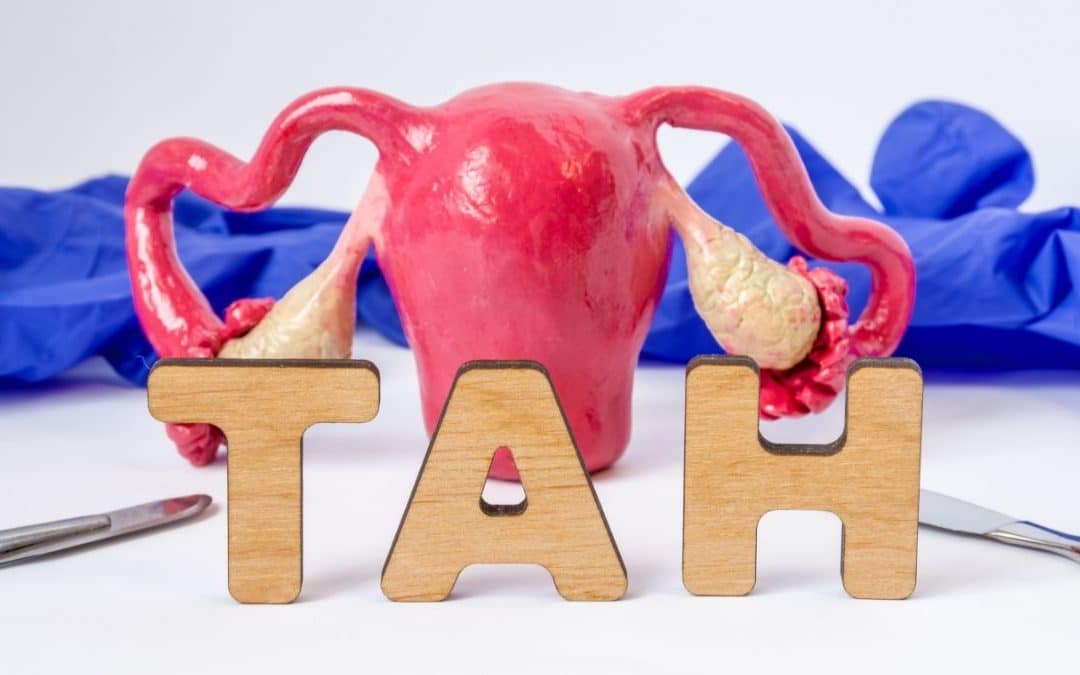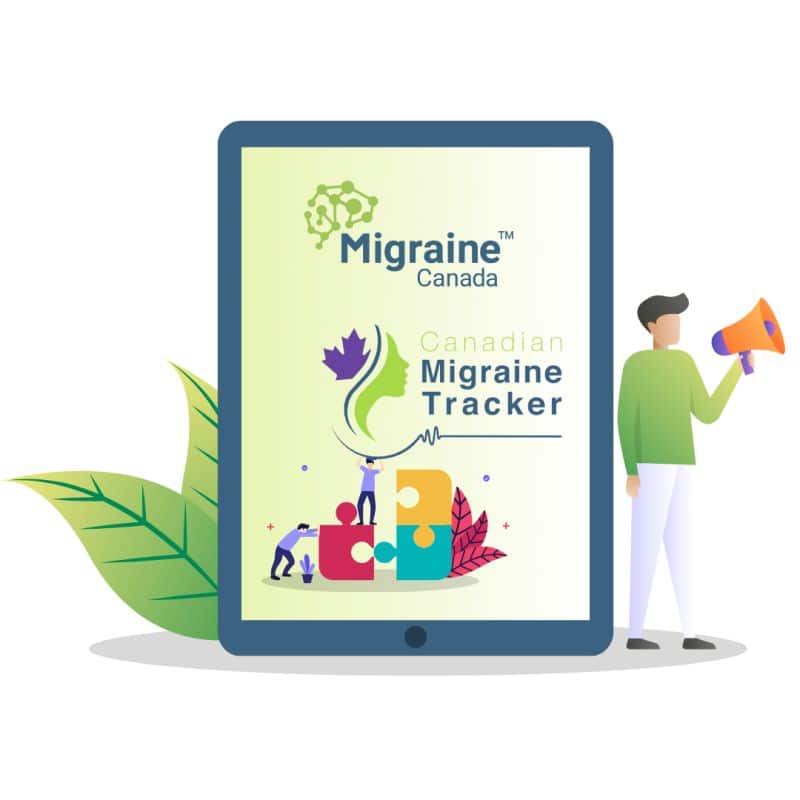Understanding the relationship between migraine and reproductive health is crucial for many women. This post explores whether a hysterectomy, or removal of the uterus, can help treat migraine, along with the potential impacts of removing reproductive organs like the fallopian tubes and ovaries. While a hysterectomy may be necessary for conditions such as fibroids, endometriosis, or cancer concerns, it is generally not recommended solely as a treatment for migraine. Learn about the functions of these reproductive organs, the implications of their removal, and alternative management options for migraine if removal is medically necessary.
What are the functions of the uterus, fallopian tubes, and ovaries?
The uterus, fallopian tubes, and ovaries are reproductive organs essential for pregnancy. The ovaries produce eggs and hormones like estrogen and progesterone. The fallopian tubes transport eggs to the uterus, where a fertilized egg may attach and develop into a baby.
What is a hysterectomy and salpingo-oophorectomy?
A hysterectomy (total abdominal hysterectomy, TAH) is a surgical procedure that involves removing the uterus. If the fallopian tubes and the ovaries are also removed, the surgery is called a hysterectomy with salpingo-oophorectomy.
Why would I need my uterus removed?
Reasons for a hysterectomy may include fibroids, endometriosis, or concerns about cancer. It is important to discuss the reasons for the surgery with your doctor.
Should I have my uterus removed to help my migraine?
No, removing the uterus solely to treat migraine is not recommended.
I require my uterus to be removed for a medical reason. Will my migraine worsen?
If your uterus and ovaries are removed, your migraine may worsen due to fluctuating estrogen levels. You may also develop symptoms of menopause, such as hot flashes, vaginal dryness, and insomnia.
To read more about migraine and menopause, see this post.
Is there anything that can be done if my ovaries need to be removed?
If your ovaries need to be removed, there are a few options to help manage changes in your estrogen levels. Talk to your doctor about whether it would be safe to take estrogen through a pill, patch, or gel to prevent drops in estrogen levels.
If estrogen supplementation is not safe, ask your doctor about other medications, such as Serotonin Norepinephrine Reuptake Inhibitors (SSRIs) or Gabapentin, to manage migraine.
References
- Ripa P, Ornello R, Degan P, et al. Migraine in menopausal women: A systematic review. Int J Women’s Health. 2015;7:773-782.
- MacGregor EA. Migraine management during menstruation and menopause. Headache. 2015; 21(4):990-1003.
Post #506



